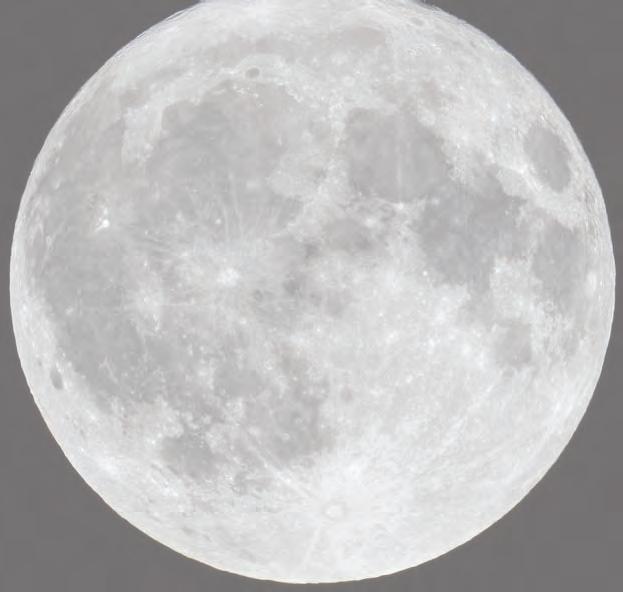Development
Africans are Trying to Fix Wikipedia’s Language Problem — Quartz Africa By Quartz (QZ.COM)
ALTHOUGH WIKIPEDIA is an important source of knowledge and one of the world’s most-visited websites, it has a scarcity of content in African languages. To put this into perspective, Swahili Wikipedia has about 69,000 articles, the most of any African-language edition, compared to 6.45 million for the top-ranked English Wikipedia. But a growing movement in the continent is working to increase African-language content in the online encyclopedia by equipping Africans with tools to create Wikipedia articles in their own languages. As part of it, three Wikipedia AfroCuration “edit-athons”, or workshops, have taken place recently— separately in Mozambique, South Africa then Zimbabwe—resulting in volunteers creating and editing of hundreds of Wikipedia articles. “Unless you amplify our history it’s gonna die,” says Lwando Xaso, who organized the South African event through the country’s Constitution Hill Trust, a public-benefit organization.
There’s a language divide and digital knowledge gap African languages are often marginalized in tech, with lack of proper representation in areas such as voice recognition and online learning and knowledge resources. This creates a language divide and a digital knowledge gap that pushes low-income populations and languages that are less widely spoken globally to the periphery. It also prevents some users from benefiting from these technological applications for their own development. But increasingly, Africans in tech are working to correct these omissions by shaping their own course and taking tech in the direction that would 42
March-April 2022
make it most beneficial for themselves. These initiatives mostly by Africans for Africans extend beyond language use, to other aspects such as fighting for digital rights and equipping women with the tools to combat online violence. “The survival and growth of African languages will be enhanced by Africans creating knowledge about their cultures in African languages on Internet-based knowledge websites,” says Joyce Nyairo, a Nairobi-based cultural analyst. These sites, she adds, are now a critical space for the amplification of locally-produced knowledge.
Volunteers in Wikipedia “edit-a-thons” learn how to create content In the Wikipedia “edit-a-thons,” which take place online over two days, participants are taught the basics of Wikipedia and writing, editing, and translating articles for the encyclopedia. Lessons include putting references, adding images, and sharing the work. The volunteers then write and edit actual articles. Guest speakers also speak to them for inspiration. Unless you amplify our history it’s gonna die. The content worked on is based on a theme for each workshop. For example, the theme for the South African event was the history of women in South Africa and how they contributed to ending apartheid and writing the country’s current constitution. This is notable because globally only
DAWN
www.africabusinessassociation.org





















































